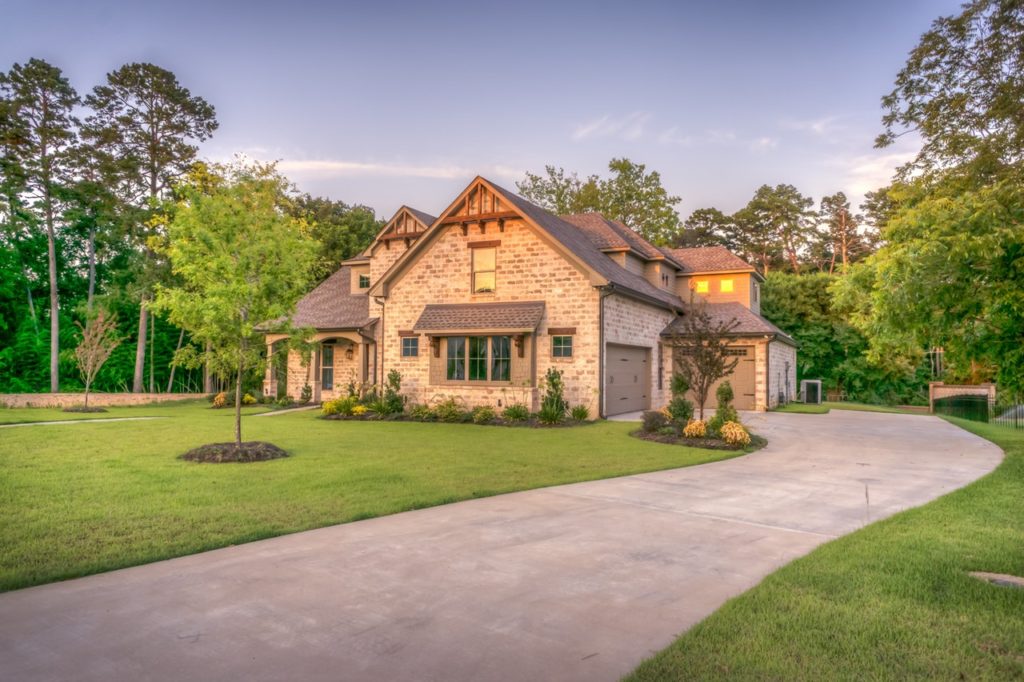Although gardening can be enjoyed by most age brackets, it is often a hobby attributed to the elderly, given that retirement offers a lot more time to focus on enjoying oneself leisurely and the bigger personal projects that full-time workers can’t lend the time to.
Of course, old age doesn’t come without some mobility issues, and the layout of your treasured space could be detrimental to navigating around without any pressing concerns such as an uneven surface, slippery surfaces, sloped areas and steps. But a disability shouldn’t be the reason why you fall out of love with garden. Together with Stairlift Flint, we provide some insights into how to maintain an accessible garden.
Whether gardening is a personal passion of yours or you just enjoy spending your free time outdoors, it is known to bring many benefits. The most admirable of these is aiding those with Alzheimer’s, with studies showing that doing a bit of gardening every other day can protect the mind from developing the disease.

Elevated beds
If you’re a sucker for some florals then think about installing some raised flower beds to prevent or reduce the amount of bending down, especially so for those that suffer from arthritis or chronic back pain. Ensuring that they are moveable is an important factor of these as they can easily be relocated if required.
Pathways
Often overlooked as they are the most obvious things about a garden, mobility-friendly pathways should be wide enough for two people to walk comfortably down. Opting for wood may look more aesthetic to a proud gardener but is prone to becoming slippery in the rain or colder weathers, so concrete or tarmac, both being low cost and maintenance would be the most plausible choices.
Ramps
For those that are restricted to wheelchair use, replacing steps with ramps is efficient way of ensuring efficient mobility between varying levels across the garden. If you’re installing a ramp, make sure a handrail is installed alongside it, so users can remain in control of their movements without losing balance or momentum going up and down the ramps. Installing these at the right height for the user and ensuring the right material such as hardwood is used, as metal can feel cold and wet to the touch.
Seating
A garden isn’t inviting if there aren’t plenty of areas to sit down and enjoy the view. For the elderly, aches and pains can strike at any moment, so it’s important if there are seats dotted around the garden that can act as checkpoints for those with larger gardens to tend to. To lower the risk of accidents, opt for a material that is waterproof, durable with low maintenance.
Tools and equipment
Consider investing in a folding kneeler stool with prominent grips that can be used when doing tasks such as weeding or planting in concentrated areas. Having a small arsenal of lightweight, long-reach tools that are cheap but very handy at reaching the areas that the user can’t will aid those that have difficulty bending, similar to that of the elevated beds.
Living an active life is important for many people but carrying this on later in life is paramount for those wanting to maintain their personal projects. Taking pride in ones garden doesn’t just do good for stress levels and personal satisfaction, natural soil acts as an antidepressant, so ensure it’s accessible as it can be!










